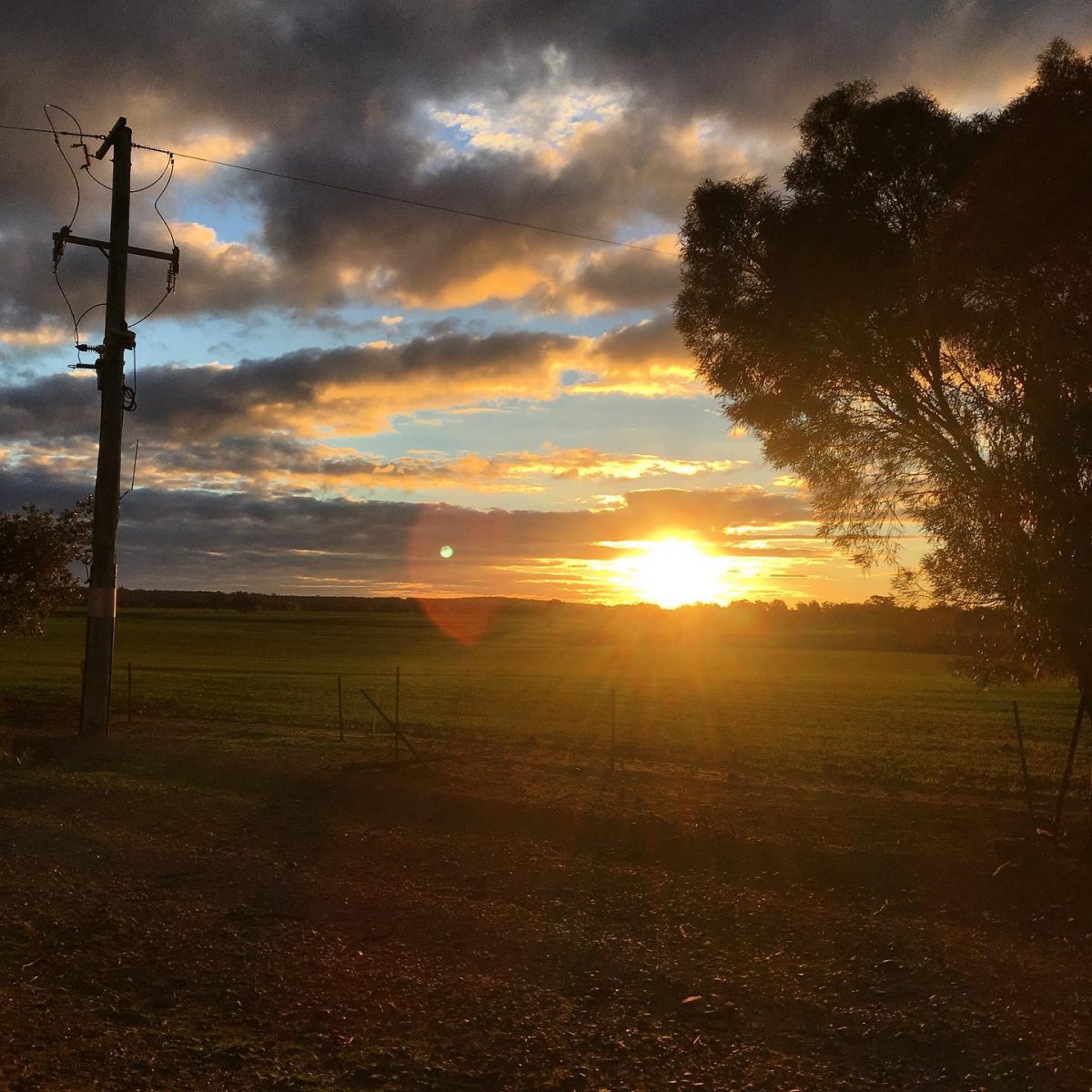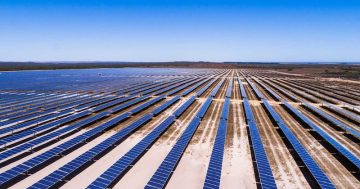
Australia’s agriculture ministers want to know what impact Peter Dutton’s nuclear energy plan will have on farming. Photo: Meghan Hardie.
Australia’s federal, state and territory agriculture ministers have united in an almost unanimous call for Federal Opposition Leader Peter Dutton to explain what impact his nuclear energy plan will have on the nation’s farming sector.
Meeting in Brisbane on Thursday (18 July) for their quarterly meeting, the ministers expressed “serious concern” about the potential impact of nuclear reactors on Australian agriculture.
They said almost 12,000 farms are located within 80 kilometres of the sites Mr Dutton has earmarked for nuclear reactors.
Last month, the Opposition Leader revealed the intended locations of seven nuclear power stations he will build across Australia if the Coalition wins the next federal election.
Each site will be located at a power station that has closed or is scheduled to close.
The locations are Liddell Power Station in NSW; Mount Piper Power Station, NSW; Loy Yang Power Stations in Victoria; Tarong Power Station in Queensland; Callide Power Station, Queensland; Northern Power Station in South Australia; and Muja Power Station in Western Australia.
The Opposition Leader has provided little information about his plan, revealing no costings and only offering a rough timeline for the commencement of operations.
Under his plan, the Federal Government would own the assets but form partnerships with experienced nuclear companies to build and operate them.
A community partnership would also be formed in each host community, consisting of experienced local representatives, to help with local engagement and play a role in planning the future of their regions.
But on Thursday, the nation’s agriculture ministers delivered a “please explain” to the Federal Opposition.
ACT Minister Rebecca Vassarotti represented the Territory’s agriculture portfolio.
She was joined by Federal Agriculture Minister Murray Watt and counterparts from Queensland, New South Wales, Victoria, South Australia, Western Australia and the Northern Territory in voicing the concerns.
The Tasmanian Government, the only Liberal-held jurisdiction across Australia, was the only one not to support a joint ministerial statement issued following the meeting. There is no nuclear site earmarked for Tasmania.
The other ministers, all from the Labor Party, except Ms Vassarotti, who is a member of the Greens, have demanded some answers.
“As the nation’s agriculture ministers, we have a duty to protect and grow the industry we represent in our respective jurisdictions,” their joint statement said.
“We have serious concerns that this duty would be compromised by the Federal Opposition’s proposal for nuclear power in and around prime agricultural land.
“An estimated 11,955 farms are situated within 80 km of the seven nuclear reactors that the Federal Opposition has proposed for construction across regional Australia.”
They said in similar countries, such as the United States, state governments have produced detailed plans to manage radioactive emergencies from nuclear reactors within a similar radius of farmland.
This is known as the “ingestion zone” and is usually accompanied by plans intended to minimise the potential effects of a radioactive release on food and agriculture.
Those US states have also set out detailed guidelines to be followed by farmers, processors and distributors within nuclear ingestion zones to protect their food supply in the event of a nuclear accident.
Australia’s agriculture ministers want to see the Federal Opposition’s plans for a similar approach.
“Mr Dutton must urgently explain whether Australian farmers, processors and distributors within a similar ingestion zone will be forced to replicate the expensive actions recommended by American counterparts,” they said.
“In addition, given Australia’s dry conditions, our agricultural industries are heavily reliant on access to water.
“Likewise, the generation of nuclear energy requires a significant amount of water for cooling purposes.
“The Federal Opposition needs to explain how it will manage these competing demands for precious water resources.”
The ministers said that with some of the reactors located in prime agricultural regions, it is unclear how much water farmers will need to give up in favour of nuclear reactors, what impact this competing use will have on farm water prices, and how water contamination will be prevented.
“Finally, we also have concerns about the risk to food production in the event of a nuclear leak or accident,” their statement said.
“Several leaks have occurred in recent years at plants in the United States, Japan, India and Europe, in some cases contaminating agricultural land, crops and water sources.
“The Federal Opposition needs to explain its plan to prevent such leaks and any resulting contamination of food supply, how it would manage such leaks if they occur and how they would compensate affected farmers.”
The Federal Opposition has labelled the missive as nothing more than “scaremongering”.




















